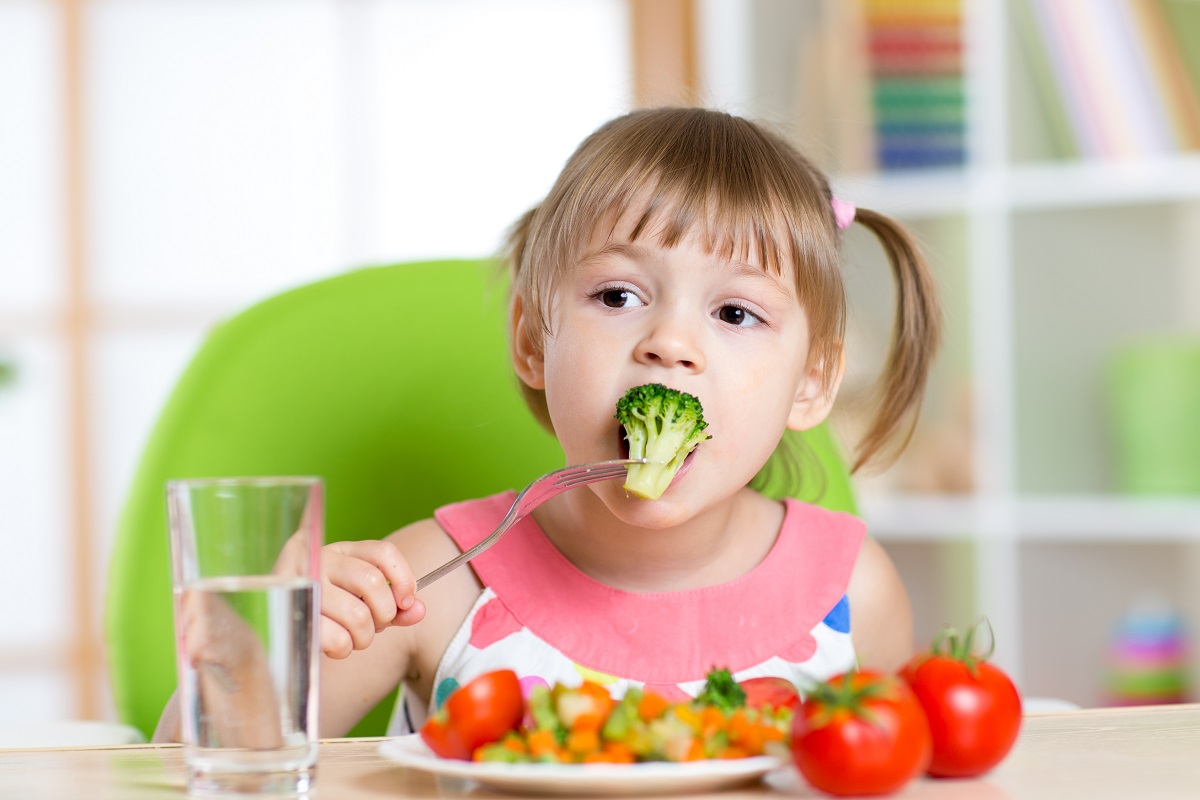Table of Contents
Nutrition is an important aspect that plays a role in the child’s growth and development process. Read this as a guide to meeting children’s nutritional needs.

Meeting children’s nutritional needs daily is directly proportional to optimal growth and development. So, have you provided your little one with an intake consisting of a healthy and nutritionally balanced menu in the right way?
If you need more clarification, try introspecting again. This is done to look for mistakes carried out sparingly and cause your little one to experience growth and development problems.
Tips for Fulfilling Children’s Nutritional Needs
So that you don’t make mistakes again in meeting your child’s nutritional needs every day, here are tips that you can use as a guide:
Amount
The amount of food given must be fully adjusted to the child’s daily calorie needs.
According to the Nutrition Adequacy Figures by the Indonesian Ministry of Health through Minister of Health Regulation no. 75 of 2013, the following is the number of calories children need every day:
- Ages 0–6 months need 550 kcal per day
- Ages 7–11 months need 725 kcal per day
- Ages 1–3 years need 1125 kcal per day
- Ages 4–6 years need 1600 kcal per day
- Ages 7-9 years need 1850 kcal per day
If the child’s current food intake seems ideal, the information can be continued and increased slowly according to the child’s age.
If the child’s weight is difficult to gain with the current intake, increase the amount of food given. On the other hand, if the current diet makes the child overweight, reduce the food delivered or increase routine physical activity.
Composition
Food composition consists of macronutrients (carbohydrates, protein, and fat) and micronutrients (vitamins and minerals).
A higher fat intake is highly recommended in children under two years old because fat is necessary for the brain formation process.
However, after children enter school age and adolescence, the composition of children’s food is almost the same as adults, namely:
- 50–60% carbohydrates
- 20–30% fat
- 15–25% protein
Apart from macronutrients, remembermicronutrients and fiber are found in many vegetables and fruits. One more thing that should be remembered is adequate water intake.
Feeding Times
The recommended feeding time for children is three large meals and two snacks. In terms of snacks, fruit is the most recommended.
Avoid giving snacks too often, especially if the intake is very sweet and fatty. The reason is that sweet and rich foods can make children complete at significant meal times. So, children do not have the desire to eat main foods.
In some children, the habit of snacking on sweet or fatty foods can cause obesity, aka body weight above normal.
Food Safety Aspects
Apart from quantity, composition, and time, consider food safety. Only choose quality food ingredients.
Also, cook food well and pay attention to the cleanliness of hands, cooking utensils, and eating utensils. Remember to store food in the right way.
Read more : Children often enjoy colorful food and drinks
Consult with a Doctor
Suppose you have doubts regarding your child’s nutrition, or there are eating problems such as refusing food, needing more picky about food (picky eaters), or needing help gaining or losing weight. In that case, you should immediately take your child to a pediatrician.
It could be that these disorders are caused by wrong eating habits, inappropriate amounts of food, or there are health problems that the child is secretly experiencing.
Always try to meet your child’s nutritional needs every day. If you encounter problems, don’t hesitate to consult a pediatrician. Mama doesn’t want her little one to experience growth and development issues.




